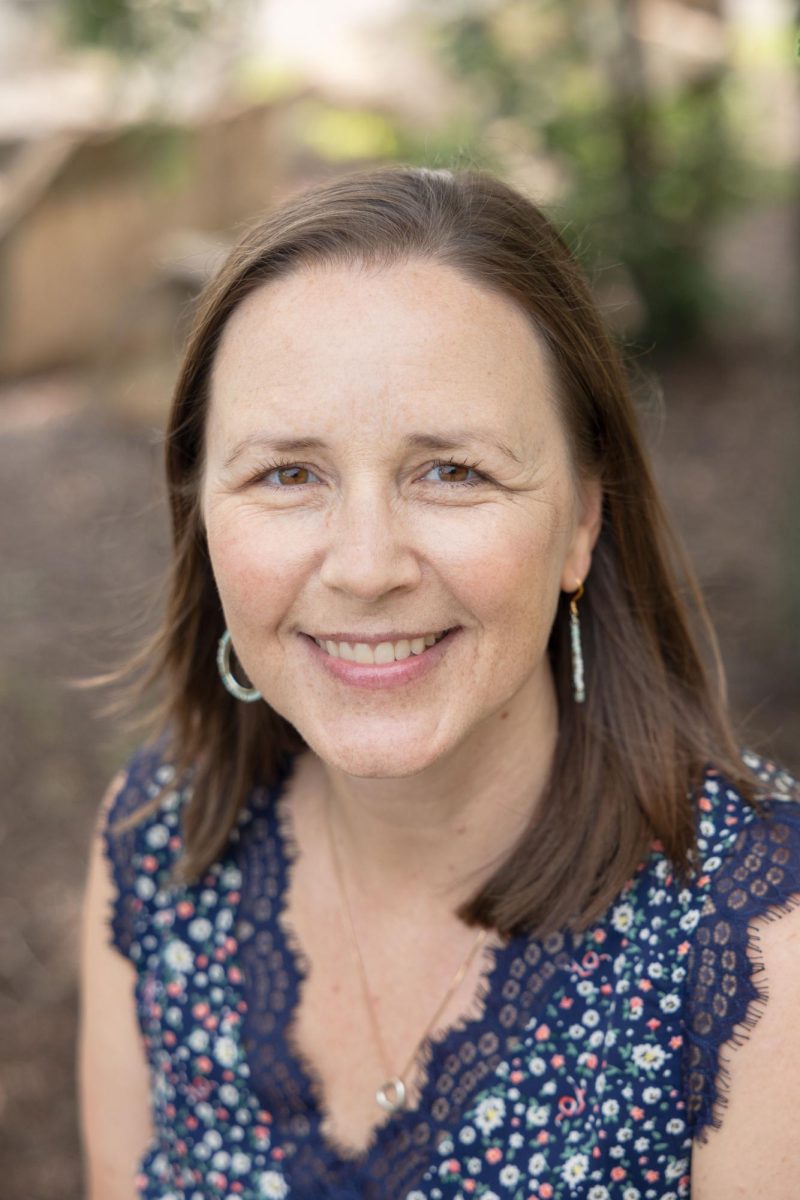
George Mason High School is well-known for its highly esteemed International Baccalaureate (IB) program. But less publicized are the negative side affects of this program on students. The requirements of the program lead some hardworking George Mason students to rethink their quest for the IB diploma.
Out of the 50 students who were IB diploma candidates last year, 42 graduated with the diploma.
“Regardless if you get the IB diploma or not, going through the learning exercises that IB teachers use develops focus. That focus prepares you better for college,” Mr. Daniel Coast said, the GMHS IB coordinator.
Three current seniors who dropped out of the IB diploma program but continue to take IB classes all agreed on one thing: the pressure of completing the IB diploma program can be very overwhelming. It requires six different classes taken at an IB level, four of which occur over a two year period, and the remaining two over a standard one year course.
“The biggest difference [between HL and SL courses] are the breadth of knowledge that students walk away with, and are able to write about during their junior year,” Coast said. HL classes typically require “higher vocabulary and deeper understanding.”
The Diploma is based on points. A student has to earn four (out of a possible seven) points average on each of the six exams. A total of 24 points earns the student the diploma.
In addition to these courses, the IB diploma also requires around 150 hours of CAS (Community Action Service) and a 4000 word extended essay that is composed between the summer of a student’s junior year and the beginning of their senior year.
These requirements take up a significant chunk of time outside of school and this caused some seniors to ultimately drop the diploma, but continue taking IB classes.
“I was told IB was the best route to take,” said senior Nico Ferrara. But after the pressures increased, he realized tt wasn’t working out anymore.
Not only did classes seem to be loaded with stress, but the deadlines of college applications seemed to take priority.
“[College applications] can be very rigorous, so I decided I didn’t need those extra things that IB requires,” Ferrara said.
Much like Ferrara’s struggle of balancing the extra requirements of the IB diploma, senior Sydney Marple also struggled to maintain a schedule that suited her needs.
“I have three jobs outside of school,” Marple said.
Both of these seniors dropped out of the diploma during their junior year, but are still participating in the IB program by taking an equal or greater amount of IB classes.
Senior Jack Goggin, another former IB diploma participant who dropped the diploma junior year, noted his significant decrease in stress levels after dropping the diploma program.
“I don’t want to say it’s less work [without doing the IB diploma], but it is a lot easier this year than last year,” Goggin said.
The IB diploma isn’t just something a student can jump into. It expands over a two year period, which forces a student to mold their schedule to the requirements from the first day they walk into their junior year.
“It got to a point where it didn’t make sense to continue,” Goggin said.
Without the proper planning, meeting every requirement for the IB diploma can be nearly impossible. The eight seniors who did not receive the diploma last year did not collect the necessary 24 points that must be earned before the end of a student’s senior year.
“[Some IB students] worry about the workload of taking six IB classes their final two years of high school,” Coast said.
Both Coast and the three seniors interviewed agree that the IB diploma decision is a very personal, if not difficult one.
“The decision to go for an IB diploma should always be the student’s decision, not the parents’ and not the teacher’s,” said Coast.








